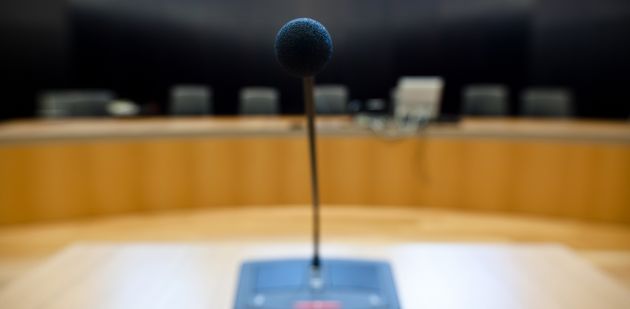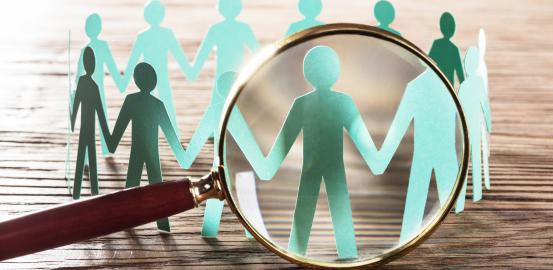New practices, new areas of expertise: zoom on a research project carried out within the Department of Psychiatry at the Lausanne University Hospital.

Over the past few years, it’s become increasingly common for criminal trials in Europe and the United States to cite data from neural imaging technology. These tests round out traditional psychological expertise. However, the use of this data in criminal cases triggers various red flags, especially regarding the way the tests are perceived by the people involved in the trial.
The research team from the Legal Psychiatric Institute at CHUV, led by Valérie Moulin, has analysed the effect of this data on court decisions. The team selected 62 Swiss and French magistrates, judges, and prosecutors, and then separated them into two groups. The first received a summary of psychiatric expertise including a written result of brain neuroimaging. The second received the same summary without this data.
Integrated into a psychiatric assessment, the results of these examinations significantly modify the judges’ perception of judicial expertise (perceived as more objective, reliable, scientific, convincing, etc.) and the criminal responsibility of the defendant (assessed as less responsible).
These results corroborate other studies showing the existence of cognitive biases in the perception of reasoning in the presence of neuroimaging data.
For Valérie Moulin, neurobiology offers tremendous perspectives for understanding human beings and their behaviour. However, knowledge about violent behaviour is recent, often based on small, unrepresentative samples. But the magistrates tend to give them a higher value than the clinical data, perceiving them as free from subjectivity. The neurobiological markers give a concrete and representable character to a mental pathology for a magistrate, with the temptation to pass from the mind and its dysfunctions to the brain, while the hypotheses on this point are still fragile. Magistrates will have to learn about the use of this data and the experts to transmit this knowledge to a judicial body with major issues for the respect of freedoms and public safety.



